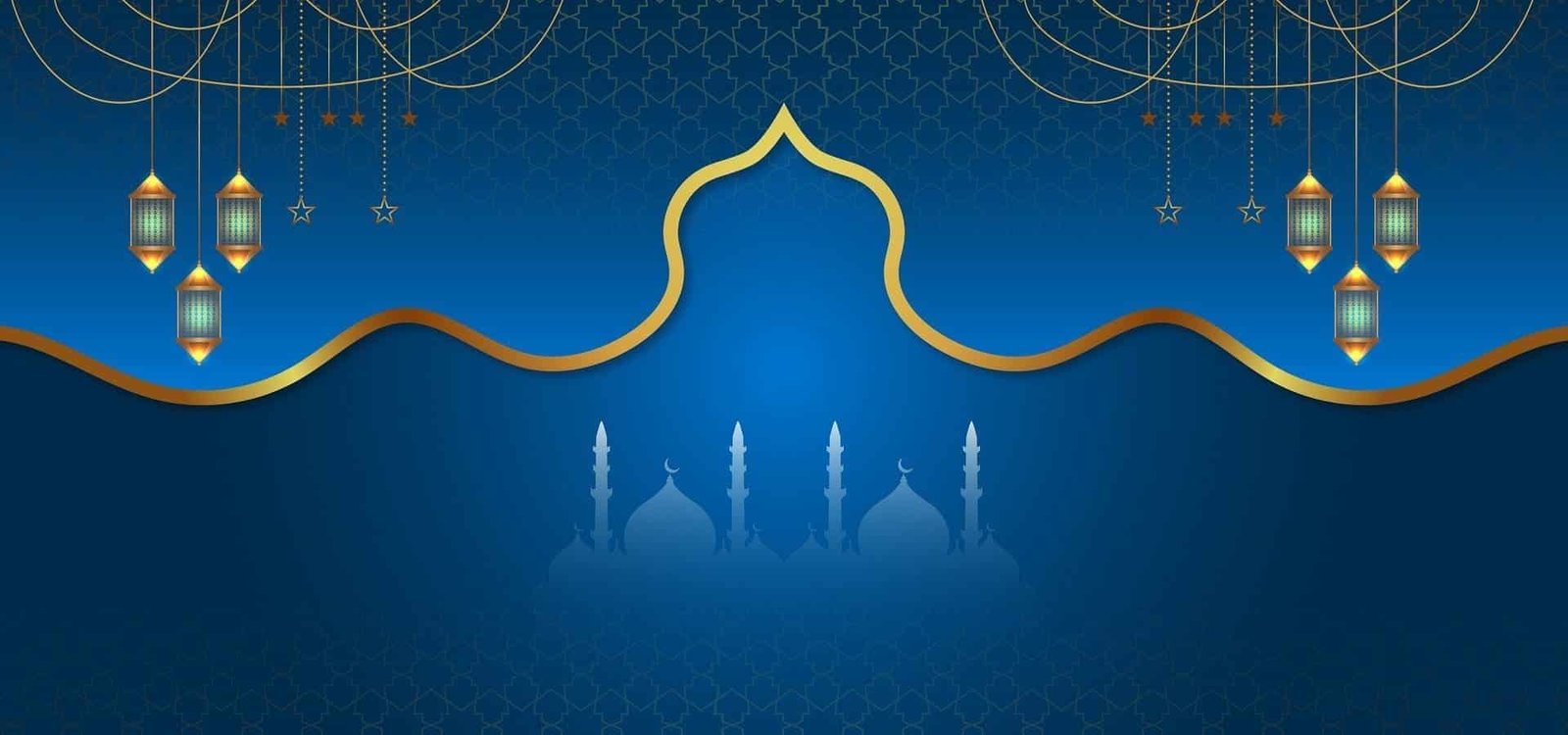Sawm is one of the parts of Islamic Pillars that help the faithful build faith and self-control and obey god’s commands. It contains mandatory fasting, fasting during Ramadan, and other optional fasting. In this article, we shall look at the aspect of fasting, its meaning and importance, and the steps taken and benefits accrued.
The Importance of Fasting in Islam
The Quran emphasizes fasting as a pathway to righteousness:
يَا أَيُّهَا الَّذِينَ آمَنُوا كُتِبَ عَلَيْكُمُ الصِّيَامُ كَمَا كُتِبَ عَلَى الَّذِينَ مِن قَبْلِكُمْ لَعَلَّكُمْ تَتَّقُونَ
(“O you who have believed, fasting has been decreed upon you as it was decreed upon those before you that you may become righteous.”)
(سورة البقرة 2:183)
This verse makes fasting obligatory to sustain the taqwa of Allah throughout the world.
Key Elements of Fasting
- Intention (Niyyah):
The fast starts with an intention normally recited during Suhoor or slightly before it. The Prophet Muhammad (PBUH) said:
Thus, it should be done before Fajr; otherwise, one assumes the fast without making the intention.”
(Sunan Nasai, Hadith 2330) - Timing for Suhoor and Iftar:
- Suhoor: If taken before Fajr, it is regarded as good fortune. The Prophet (PBUH) said:
“Indeed take Suhoor for there is a blessing in it.” (Sahih Bukhari, Hadith 1923) - Iftar: The fast is broken immediately after a day’s work at sunset, also known as the Maghrib prayer. Breaking the fast hastily is Sunnah, and the Prophet (PBUH) said:
Therefore, as long as the people run the show, they will continue to be on the right path as they hasten the fast-breaking. (Sahih Bukhari, Hadith 1957)
- Suhoor: If taken before Fajr, it is regarded as good fortune. The Prophet (PBUH) said:
- Duas for Fasting:
At Iftar, the following dua is recited:
اللَّهُمَّ إِنِّي لَكَ صُمْتُ وَبِكَ آمَنْتُ وَعَلَى رِزْقِكَ أَفْطَرْتُ
‘O Allah, I fasted for you and believed in you and with your sustenance, I broke the fast.’
Fasting in Ramadan: A Sacred Obligation
One of Islam’s five fundamental tenets is the fast during the holy month of Ramadan. From Fajr to Maghrib, Muslims avoid food, drink, and some behaviors to concentrate on prayer, self-remembrance, and almsgiving.
Key Rewards of Ramadan Fasting:
Forgiveness of Sins:
The Prophet (PBUH) said:
“مَنْ صَامَ رَمَضَانَ إِيمَانًا وَاحْتِسَابًا غُفِرَ لَهُ مَا تَقَدَّمَ مِنْ ذَنْبِهِ”
(“Whoever fasts during Ramadan with faith and hope for reward, their past sins will be forgiven.”)
(صحيح البخاري، حديث 38)
Increased Rewards: Although fasting in Ramadan is somewhat less rigorous than other forms of fasting, the reward and spiritual opening are incomparable, especially the Laylatul Qadr, which is a night better than a thousand months.
Voluntary Fasting: Beyond Obligations
Fasting on days other than Ramadan is also a Sunnah with the highest reward. Key examples include:
- Mondays and Thursdays:
- The Prophet (PBUH) said:
“تُعْرَضُ الأَعْمَالُ يَوْمَيِ الإثْنَيْنِ وَالْخَمِيسِ، فَأُحِبُّ أَنْ يُعْرَضَ عَمَلِي وَأَنَا صَائِمٌ”
(“Deeds are presented on Mondays and Thursdays, and I like my deeds to be presented while I am fasting.”)
(صحيح مسلم، حديث 2565)
- The Prophet (PBUH) said:
- The Day of Arafah:
- Fasting on this day expiates two years of sins:
“صِيَامُ يَوْمِ عَرَفَةَ يُكَفِّرُ السَّنَةَ الْمَاضِيَةَ وَالْبَاقِيَةَ”
(“Fasting on the Day of Arafah expiates the sins of the previous year and the coming year.”)
(صحيح مسلم، حديث 1162)
- Fasting on this day expiates two years of sins:
The Six Days of Shawwal:
Who can do six voluntary fasts after Ramadan the following year? It is like the entire year.
Practical Tips for Fasting
To make fasting a fulfilling spiritual journey, consider the following:
- Sincere Intention: Start with the niyyah (intention) to please Allah.
- Suhoor (Pre-Dawn Meal):
- The Prophet (PBUH) said:
“تَسَحَّرُوا فَإِنَّ فِي السَّحُورِ بَرَكَةً”
(“Take Suhoor, for there is a blessing in it.”)
(صحيح البخاري، حديث 1923)
- The Prophet (PBUH) said:
- Dua When Breaking the Fast:
- Recite the dua for breaking the fast:
“اللَّهُمَّ إِنِّي لَكَ صُمْتُ وَبِكَ آمَنْتُ وَعَلَى رِزْقِكَ أَفْطَرْتُ”
- Recite the dua for breaking the fast:
The Spiritual and Physical Benefits of Fasting
- Spiritual Purification: Fasting aims at assuring the heart and the mind with the divine directions of life.
- Empathy and Charity: This paper argues that the virtue of hunger entails feeling compassion for the unfortunate, thus motivating charitable behaviors.
- Health Benefits: Several scholars have pointed out fasting aids detoxification and positively impacts metabolism and cognitive function.
Online Learning Resources
For those traveling for Umrah or intending to seek Islamic knowledge, the Kanzol Quran Online Academy presents programs for fasting and other activities, as well as Quran recitation and Tajweed. It is good that they are all available online so that Muslims can still keep abreast of their religion while they are discharging their other responsibilities.
Conclusion
So, Ramadan is a simple body fast and a spiritual fast that changes people’s lives in Islam. In Ramadan or Nawafil fasts, one becomes spiritually helpful in strengthening one’s belief in Allah, which holds numerous benefits for the soul and body. To form a healthier attitude toward food, Muslims should learn what fasting means by the Quran and the traditions of Prophet Muhammad.



